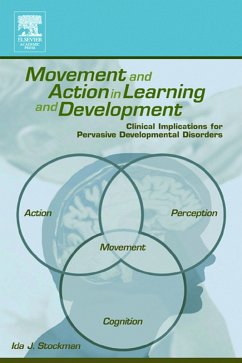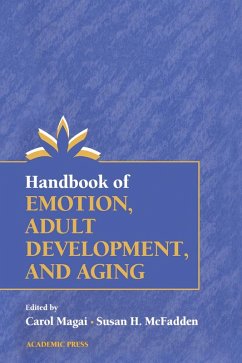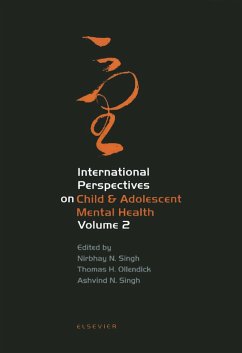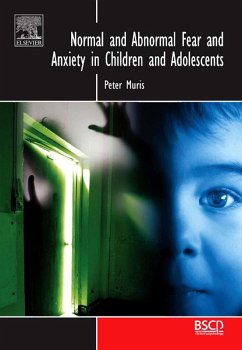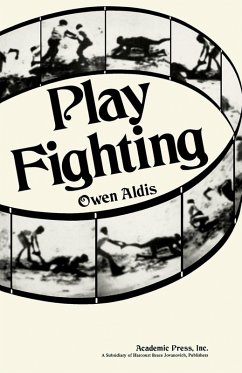
Play Therapy Treatment Planning and Interventions (eBook, PDF)
The Ecosystemic Model and Workbook

PAYBACK Punkte
25 °P sammeln!
Play Therapy Treatment Planning and Interventions: The Ecosystemic Model and Workbook contains key information on one of the most rapidly developing and growing areas of therapy. The book is designed to help play therapists develop specific treatment goals and develop focused treatment plans, as now required by many regulating agencies and third party payers. The text includes descriptions of 25 actual play therapy activities. Any preparation the therapist may need to complete before the session is identified as is the outcome the therapist may expect. Each activity description ends with a sug...
Play Therapy Treatment Planning and Interventions: The Ecosystemic Model and Workbook contains key information on one of the most rapidly developing and growing areas of therapy. The book is designed to help play therapists develop specific treatment goals and develop focused treatment plans, as now required by many regulating agencies and third party payers. The text includes descriptions of 25 actual play therapy activities. Any preparation the therapist may need to complete before the session is identified as is the outcome the therapist may expect. Each activity description ends with a suggestion as to how the therapists might follow up on the content and experience in future sessions. The activity descriptions are very practical and are geared to the child clients specific developmental level. Play Therapy Treatment Planning and Interventions presents guidelines for interviewing clients and their parents as well as pretreatment assessment. The book provides guidance on data gathering for the intake process and case conceptualization. Case examples and completed sections of the workbook, quotes, and lists increase the text's comprehension. The entire workbook is provided in text format and on disk. It provides the therapist with an easy-to-use format for recording critical case information, specific treatment goals, and the overall treatment plan. - Presents a comprehensive theory of play therapy and a comprehensive model of play therapy intervention - Clearly relates the theoretical model to the interventions - Provides examples of the application of both the theory and the intervention model to specific cases - Provides a structure by which the reader can apply the theory and intervention model to his or her own cases - Describes actual play therapy activities and identifies how therapists can prepare for the session, implement the activity, and the outcome they may expect - Describes play activities clustered according to the developmental level of the children to which they are best suited - Workbook format provides the reader with a method for obtaining comprehensive intake and assessment data, organizing that data into a case formulation and treatment goals, and then developing a comprehensive treatment plan - Provides a blank copy of the workbook, as well as the workbook on disk, for use in ones own practice
Dieser Download kann aus rechtlichen Gründen nur mit Rechnungsadresse in A, B, BG, CY, CZ, D, DK, EW, E, FIN, F, GR, HR, H, IRL, I, LT, L, LR, M, NL, PL, P, R, S, SLO, SK ausgeliefert werden.




